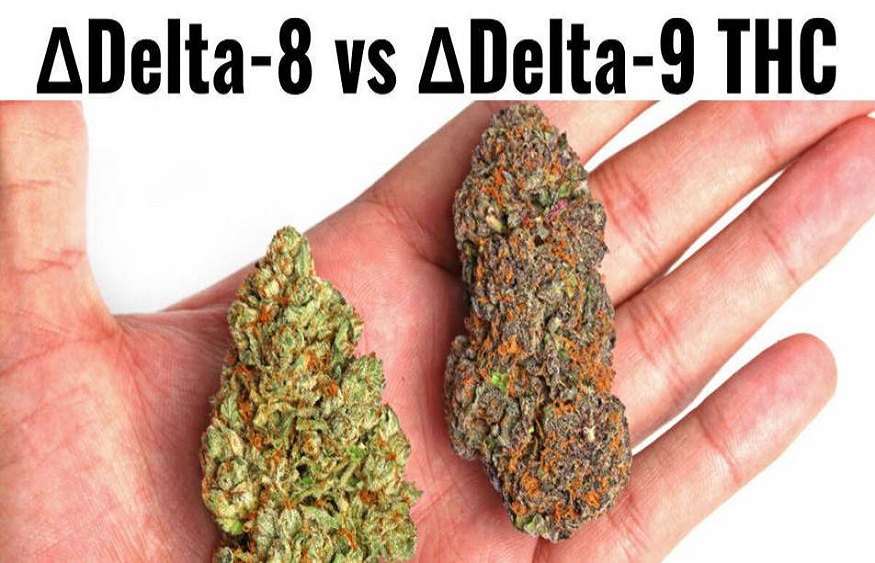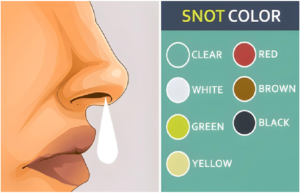Words Mean Things A Glossary for New Weed Users

Since states began legalizing medical marijuana back in the 1990s, there have been questions about employee protections under the Americans with Disabilities Act (ADA). Simply put, can employees with verifiable medical conditions be discriminated against in the workplace due to their use of medical cannabis? Under certain circumstances, yes.
A recently decided federal court case out of Vermont proves the point. The case involved a man who was fired from his job after he failed a random drug test. Although he possessed a state-issued medical cannabis card, which essentially gives him state authority to possess and use cannabis, he was terminated. He sued his employer but lost.
The Court’s Rationale
The court dismissed the plaintiff’s case based on the fact that marijuana is still a controlled substance under federal law. This, combined with the fact that the ADA is federal legislation, preempts any such claims of discrimination. The ADA does not protect the use of illicit drugs even under the supervision of a medical professional.
Unfortunately for the plaintiff, Vermont has not put any state-level protections in place. It is not clear whether state lawmakers will change that after the outcome of this case. What is clear is that federal courts are not going to budge on the medical marijuana issue until Congress either acts to legalize it or the DEA moves it from Schedule I to Schedule III.
How Other States Handle It
Sixteen of the states with active medical cannabis programs have gone the extra mile to pass laws protecting workers against discrimination. However, such laws are not uniform. The states manage the issue in different ways.
Utah’s regulations are perhaps the least complicated. First of all, it does not apply to private employers. Only public employers are required to treat medical cannabis just like any other prescription medication in terms of workplace drug policies. According to the operators of Brigham City’s Beehive Farmacy, a public employee cannot be terminated or otherwise disciplined solely on the basis of possessing a medical cannabis card and using the drug.
Utah also has language in place protecting public entities that might lose funding, licensing, or federal benefits by not taking action against medical cannabis cardholders. For instance, local law enforcement agencies are allowed to discriminate against police officers who use medical cannabis due to the federal prohibition against illicit drug users possessing or owning firearms.
The variation between state laws can be considerable. Although Utah’s regulation seems to be a good compromise, other states have done other things:
- Public and Private – Several states have enacted workplace protections applicable to both public and private employers. Medical cannabis must be treated as any other prescription medication for drug policy purposes.
- Job Performance – Some of the states offer exemptions to existing antidiscrimination laws in situations in which cannabis use significantly affects job performance. Hand-in-hand with a job performance issue is the possibility that using cannabis conflicts with a bona fide occupational qualification.
- Financial or Safety Risks – A few states have carved out exceptions in their antidiscrimination laws to account for financial and safety risks. Given an employer faces substantial financial loss or a situation that could create a safety hazard, discriminating against a cannabis user would be allowed.
Like just about everything else involving state-legal marijuana, the rules governing workplace discrimination are not uniform. It is clear from the Vermont case that workers with valid medical cannabis cards are not protected against discrimination under the ADA. In some states, however, they are protected to one degree or another. The safest bet for any cannabis user is to refer to state law.








